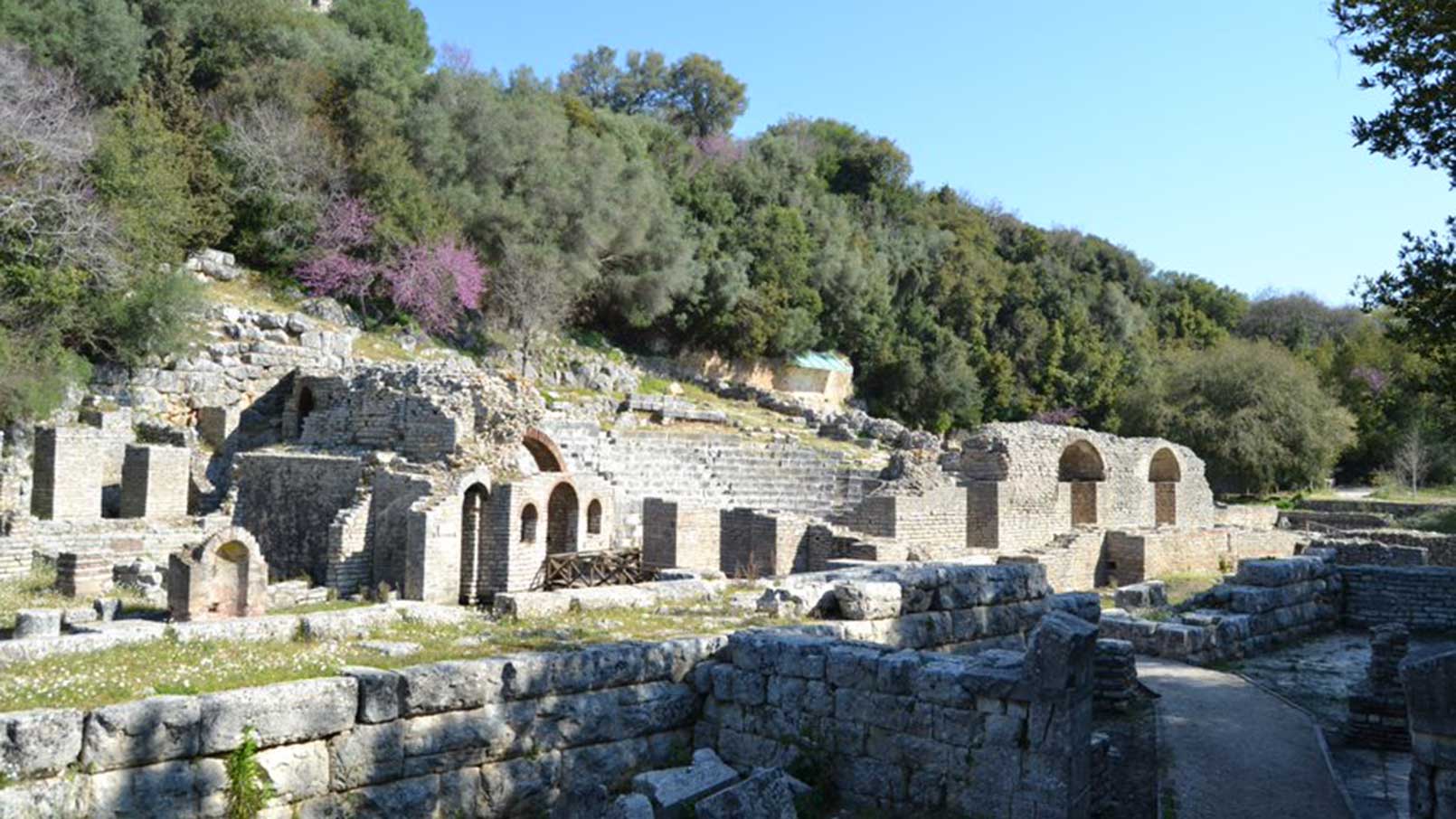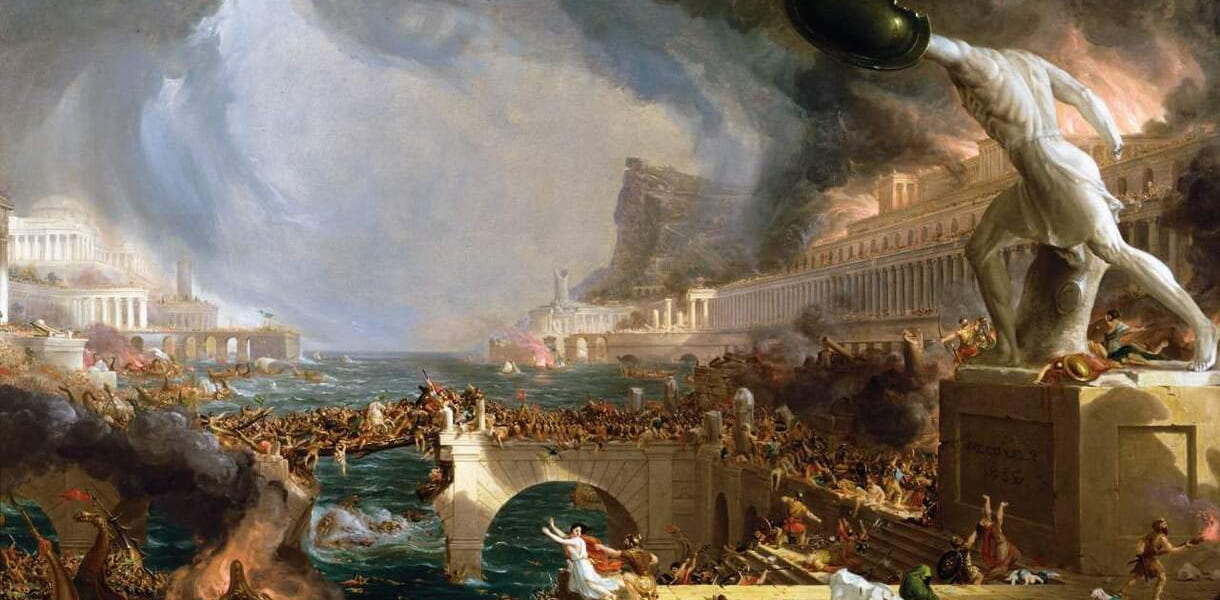The Romans ruled Illyria--which now became the province of Illyricum--for about six centuries. Under Roman rule Illyrian society underwent great change, especially in its outward, material aspect. Art and culture flourished, particularly in Apollonia, whose school of philosophy became celebrated in antiquity. To a great extent, though, the Illyrians resisted assimilation into Roman culture. Illyrian culture survived, along with the Illyrian tongue, though many Latin words entered the language and later became a part of the Albanian language. Christianity manifested itself in Illyria during Roman rule, about the middle of the 1st century AD.
At first the new religion had to compete with Oriental cults--among them that of Mithra, Persian god of light--which had entered the land in the wake of Illyria's growing interaction with eastern regions of the empire. For a long time it also had to compete with gods worshiped by Illyrian pagans. The steady growth of the Christian community in Dyrrhachium (the Roman name for Epidamnus) led to the creation there of a bishopric in AD 58. Later, episcopal seats were established in Apollonia, Buthrotum (modern Butrint), and Scodra (modern Shkodr').
By the time the empire began to decline, the Illyrians, profiting from a long tradition of martial habits and skills, had acquired great influence in the Roman military hierarchy. Indeed, several of them went on from there to become emperors. From the mid-3rd to the mid-4th century AD the reins of the empire were almost continuously in the hands of emperors of Illyrian origin: Gaius Decius, Claudius Gothicus, Aurelian, Probus, Diocletian, and Constantine the Great.
When the Roman Empire divided into east and west in 395, the territories of modern Albania became part of the Byzantine Empire. As in the Roman Empire, some Illyrians rose to positions of eminence in the new empire. Three of the emperors who shaped the early history of Byzantium (reigning from 491 to 565) were of Illyrian origin: Anastasius I, Justin I, and--the most celebrated of Byzantine emperors--Justinian I.
In the first decades under Byzantine rule (until 461), Illyria suffered the devastation of raids by Visigoths, Huns, and Ostrogoths. Not long after these barbarian invaders swept through the Balkans, the Slavs appeared. Between the 6th and 8th centuries they settled in Illyrian territories and proceeded to assimilate Illyrian tribes in much of what is now Slovenia, Croatia, Bosnia and Herzegovina, and Serbia.
Starting from the 9th century, and within a weaker Byzantine empire, Albania fell under the full or partial possession of a series of foreign powers as the Bulgarian Crusaders, the Normans, the Angevins of southern Italy, the Serbs, and the Venetians.

The final conquest of the country in 1347 by the Serbs, led by Stefan Dushan, caused massive migration of Albanians abroad, especially to Greece and the Aegean islands. After almost 1000 years, Byzantine rule came to an end in Albania in mid-14th century, marking the entry into the Middle Ages.
In the latter part of the Middle Ages, Albanian urban society reached a high point of development. Foreign commerce flourished to such an extent that leading Albanian merchants had their own agencies in Venice, Ragusa (modern Dubrovnik, Croatia), and Thessalonica (now Thessaloniki, Greece).
The prosperity of the cities also stimulated the development of education and the arts. Albanian, however, was not the language used in schools, churches, and official government transactions. Instead, Greek and Latin, which had the powerful support of the state and the church, were the official languages of culture and literature.
The new administrative system of the themes, or military provinces created by the Byzantine Empire, contributed to the eventual rise of feudalism in Albania, as peasant soldiers who served military lords became serfs on their landed estates. Among the leading families of the Albanian feudal nobility were the Thopias, Balshas, Shpatas, Muzakas, Aranitis, Dukagjinis, and Kastriotis. The first three of these rose to become rulers of principalities that were practically independent of Byzantium.
[1] Robert Elsie : http://www.albanianhistory.net/index.html



